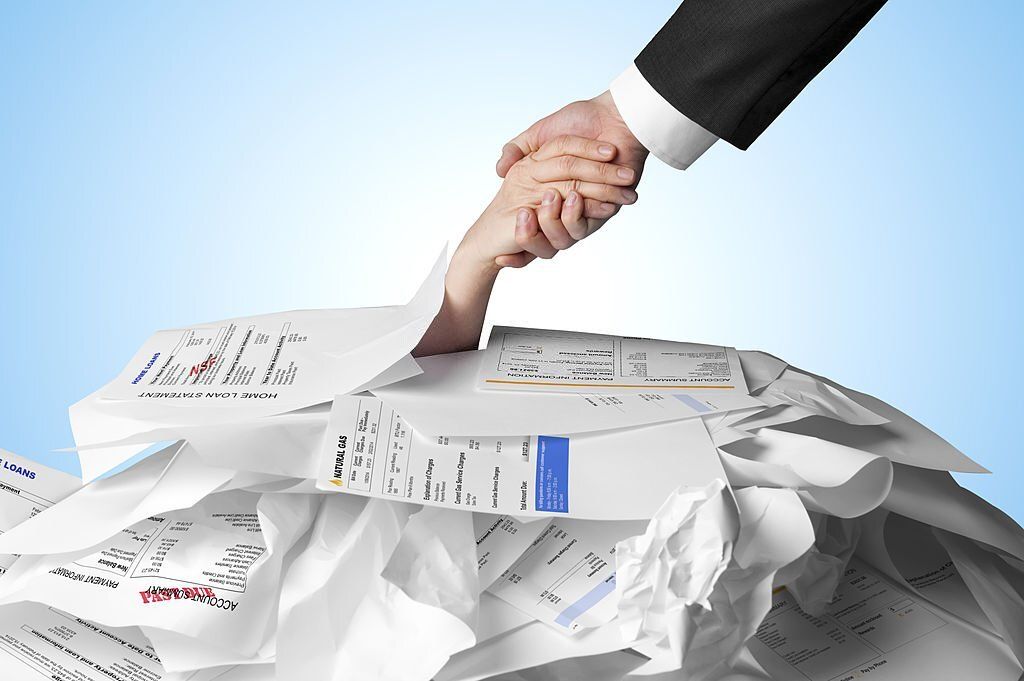5 ways to improve your financial situation
Are you wondering how you can improve your financial situation? This can feel like a difficult task, especially if you’ve struggled to do so before. Take a look at five handy tips for taking control and improving your finances. Remember, our team is always on hand if you still need assistance and support.
Be flexible with purchases wherever you can
Of course, there are plenty of things you can't live without. You need to pay your energy bills, for example, and get the weekly grocery shop. However, you need to be flexible wherever you can be. If your costs have increased in one area of your life – if your car insurance premiums go up, let's say – you may need to cut back on goods and services you don't need in other areas. The aim is always to make sure your outgoing total is less than your total income.
Budget carefully
You will need a strategic plan that covers your incomings and outgoings, broken down across a weekly, monthly and yearly basis. This will become a document that you can use to understand what you can afford and to identify where you can make savings and economies. It still helps to be flexible, as mentioned above, if your situation changes for any reason, but setting a budget will give you a solid foundation of financial security to work from.
Get serious about saving
There is no way to experience financial security if you are living hand to mouth. Instead, you'll need to be putting some money away each month so that you can grow your finances for the future. Factor this into your long-term budget – save what you can each month (even if it's just a small amount) and put this in a savings account. Think about your needs in the long and short term. How much money do you need to be able to access at short notice? The rest can be placed in a longer-term savings account that you won't have immediate access to but that may attract a higher interest rate. As you grow more experienced with budgeting, you may find yourself able to save more money than you expected.
Compare where possible
If your car insurance is set to auto-renew, you may not be getting the best rate. If you don’t shop around for the best deal on a mortgage, you are going to end up paying more. These are two examples of when it really does pay to compare and contrast your different options. Get used to spending a bit of time researching, avoid impulsive and emotional purchases, and take control of your finances.
Focus on incremental goals
Setting yourself the target of putting aside a house deposit by this time next year or paying off a credit card debt over the next couple of months, you might find yourself disappointed. Unrealistic expectations can leave you feeling depressed about your situation, so focus on more manageable, incremental goals in the short term to stay on track.
Gain the support you need and improve your financial situation
The team at Clare Corrigan are here to help, thanks to our long-standing expertise in this field, coupled with our warm, caring and understanding attitude. Reach out today, and let’s discuss what you need.











